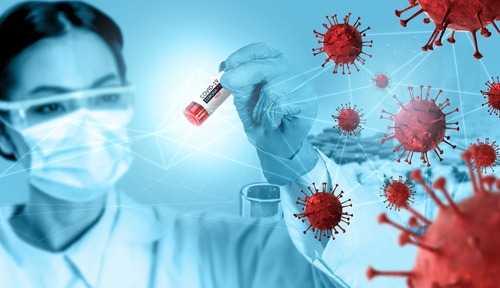
The World Health Organization (WHO) approved Regeneron Pharmaceuticals’ drug cocktail of casirivimab and imdevimab for use on COVID-19 patients last week, but that endorsement came with a caveat: it urged lower prices, patent releases and equitable distribution.
The Regeneron antibody combination currently comes with a high price tag, but low availability: WHO called on producing companies and governments to undo both issues and work to guarantee other manufacturers can make biosimilar versions to help those in need.
Regeneron is merely the developer of the drug. Last year it turned to Swiss pharmaceutical company Roche to scale up its manufacturing capabilities and to take over distribution outside of the United States. While WHO noted that Roche currently manufactures the drug for lower prices and with greater distribution across low and middle-income countries in particular, global health initiative UNITAID is in negotiation with the company to see what more can be done, while WHO itself is negotiating for a donation and distribution of the drug through UNICEF.
According to WHO, feasibility challenges linked to the antibodies involved in the therapeutic arose in clinical trials, particularly with intravenous injection. Administration of the Regeneron antibody combination requires specialized clinics, an adequate amount of antibodies, and trained staff to oversee its delivery. As a result, WHO questioned if subcutaneous delivery of the drug might be a better option for the lowest dose, to make it easier in outpatient settings.
While providing this endorsement, WHO cautioned that the limited amounts of the therapy available mean that use should be kept to patients with non-severe cases yet higher risk of hospitalization due to COVID-19, as well as those with critical cases who have not developed natural antibodies against the disease.
At the same time, the global organization opened a pre-qualification submission option for manufacturers wanting to submit products. This would allow them to ramp up production and expand availability of treatments, particularly as WHO works with partners to create an equitable access framework for recommended COVID-19 therapeutics.




